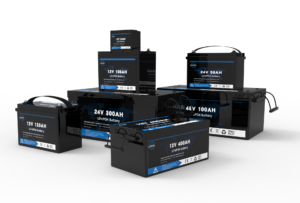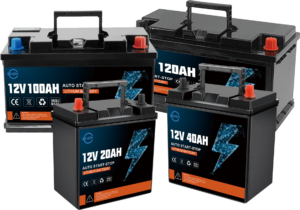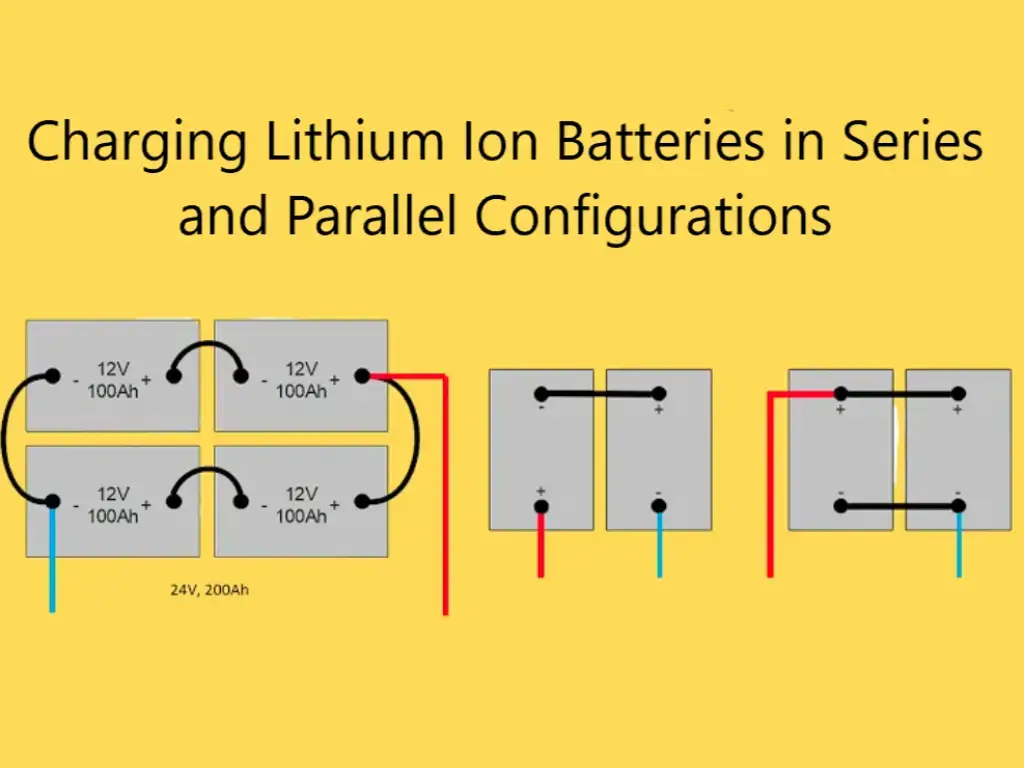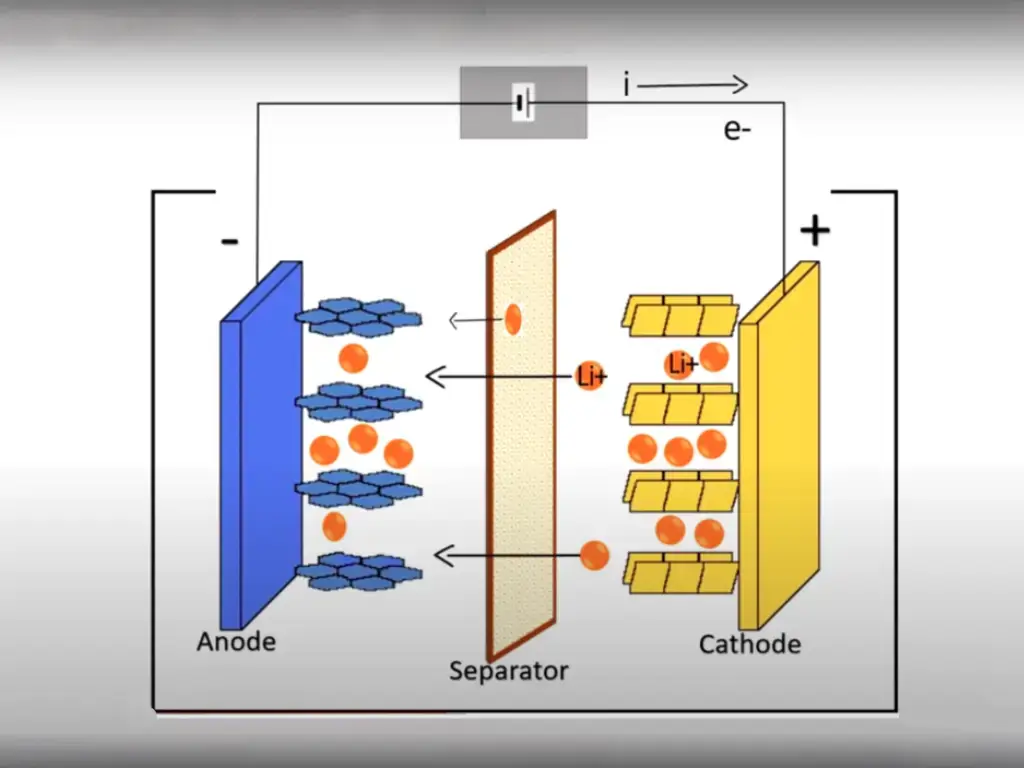Marine battery: Deep Cycle battery? Starter Battery? or Dual-purpose?
Marine battery is the heart of the electrical boat system, keeping your engine churning, your lights shining, and your gadgets humming.
With so many different battery types available, choosing the right one matters.
As an active researcher and engineer in the lithium marine batteries, I present a fundamental description and comparison between deep cycle, starter battery, and dual-purpose marine batteries. It would help you better understand the difference of different marine batteries and help you to make tight choice.
Table of contents
What’s the lithium deep cycle marine battery?
Lithium deep cycle marine batteries are a game-changer for boaters, offering significant advantages in terms of performance, lifespan, and convenience, making them a worthwhile investment for many boaters.

Let’s dive in:
- 50-70% lighter than lead-acid batteries, improve your boat handling efficiency;
- Faster charging,often in 1-2 hours compared to lead-acid’s 6-8 hours;
- Longer lifespan, up to 4-10 times,translating to fewer replacements and cost savings in the long run;
- 100% depth of discharge (DOD),compared to 50% for lead-acid,effectively doubling usable capacity,and longer running time;
- Higher efficiency delivering more usable energy per pound and amp-hour,making them more efficient;
- Maintenance-free. Deep cycle battery no need maintenance, which save the labor cost and time.
However, considering their higher initial costs, weighing your initial budget, electrical needs, and boating habits is crucial before making the switch.
What’s the marine starting battery?
Marine starting batteries are the workhorses of the boat, providing the powerful burst of energy needed to crank your engine to life, especially in cold weather.
Here’s a breakdown of the marine starting batteries key characteristics:
- High cranking power (CCA): Unlike deep cycle batteries designed for sustained power delivery, starting batteries prioritize cranking power, measured in Cold Cranking Amps (CCA). Marine starting batteries have CCA ratings ranging from 350 to 1000 or even higher, depending on the engine size and type. The higher the CCA, the more power it can deliver for starting.

- Short bursts of power: Unlike deep cycle batteries, starting batteries are designed for quick, powerful bursts to crank the engine. They can’t handle deep discharges well and can be damaged if used to power onboard electronics for extended periods.
- Limited capacity: Compared to deep cycle batteries, starting batteries have lower Ampere-hour (Ah) ratings, indicating their limited energy storage capacity.
Deep cycle marine battery VS marine starting battery?
Choosing the right battery for your boat can be a real tough! Both deep cycle and marine starting batteries have their strengths and weaknesses, so picking the right one depends on your nautical needs.
Here’s a handy table to help choosing the right marine battery between these two options:
| Feature | Deep Cycle Battery | Marine Starting Battery |
| Purpose | Sustained power delivery | Engine starting |
| Priority | Capacity (Ah) | Cranking power (CCA) |
| Discharge depth | Deep discharges tolerated (down to 50-80%) | Shallow discharges preferred |
| Lifespan | Longer | Shorter |
| Charging time | Slower | Faster |
| Cost | Generally lower | Generally higher |
| Applications | Trolling motors, fish finders, refrigerators, lights | Engine starting |
What’s dual purpose marine battery?
The dual-purpose marine battery combines elements of both deep cycle and starting batteries, offering a compromise between cranking power and sustained discharge.
It’s not the best option, but for small size boats with limited space or simpler electrical needs, it can be a good choice.
They can handle both engine starting and powering moderate electrical loads like fish finders or lights. This eliminates the need for separate starting and deep cycle batteries, saving space and simplifying your setup.
Dual purpose marine battery VS deep cycle marine battery
Deep Cycle Marine Battery:
1,The marathon runner: Think consistent, sustained power for hours on end. Perfect for powering your trolling motor, fish finder, lights, and other onboard electronics.
2,Tough and durable: Handles deep discharges (down to 50% or even 80%) without sulphation build-up, resulting in a longer lifespan.
3,Longer operation time: Measured in Ampere-hours (Ah), offering longer lasting and sustainable energy for extended electrical demands.
4,Slower charging: Requires longer charging times compared to dual-purpose batteries.
5,Not for engine starting: While a deep cycle might give a weak pulse, it lacks the cranking power (measured in Cold Cranking Amps, CCA) to reliably start your engine.
Dual-Purpose Marine Battery:
1,The jack of all trades: Offers a compromise between starting and deep cycle capabilities. Can handle engine cranking and power moderate electrical loads.
2,Space-saving: Ideal for smaller boats where separate batteries are impractical.
3,Convenience: Only one battery to install, maintain, and charge.
4,Compromised performance: Not as powerful as dedicated starting batteries for cranking, especially in cold weather. Not as good at deep discharges as dedicated deep cycle batteries.
5.Shorter lifespan: Juggling both duties can wear it out faster.It has shorter lifespan than deep cycle battery.
My advice:
Choose deep cycle battery if you high electrical loads (trolling motors,heavy electronics),you need long,sustained power delivery; your boat in harsh climates (deep discharges are more likely in cold weather).
Choose dual-purpose if you have limited space for multiple batteries;your electrical needs are moderate;you primarily boat in warm weather and rarely use a trolling motor.
Conclusion:
By understanding the strengths and weaknesses of deep cycle, starter, and dual-purpose batteries, you can make an informed decision that helps your electric marine runes well.
A reliable marine battery manufacturer is very crucial for your business, Keheng is dedicated in lithium batteries solutions used in various applications since 2008. We can offer your the suitable proposal according to your projects. Contact with us now !





1 thought on “Marine battery: Deep Cycle battery? Starter Battery? or Dual-purpose?”
Many thanks for the consistently excellent content.I haven’t received the confirmation email after signing up for the newsletter.